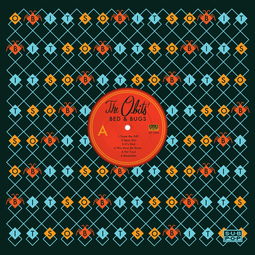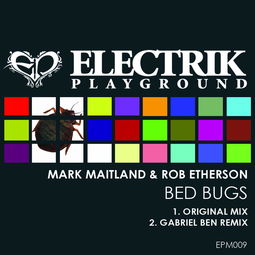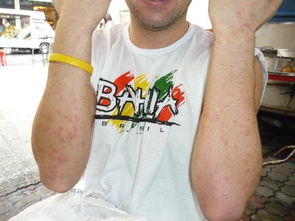
Bed Bugs Bites Treatment: A Comprehensive Guide
Dealing with bed bug bites can be an unsettling experience. These tiny pests can cause discomfort and itching, and it’s essential to know how to treat them effectively. In this article, we will delve into various treatment options, home remedies, and preventive measures to help you manage bed bug bites efficiently.
Understanding Bed Bug Bites

Bed bugs are small, flat, brown insects that feed on human blood. They are nocturnal and typically feed while you sleep. Bed bug bites often appear as small, red bumps on the skin. While they can be itchy and uncomfortable, they are generally not harmful, and most people recover without complications.
Immediate Treatment for Bed Bug Bites

When you discover bed bug bites, it’s crucial to treat them promptly to alleviate itching and prevent infection. Here are some immediate steps you can take:
-
Wash the affected area with soap and water to clean the bite and reduce the risk of infection.
-
Apply a cold compress to the bite to reduce swelling and numb the area.
-
Use over-the-counter antihistamines, such as diphenhydramine (Benadryl), to relieve itching.
-
Apply hydrocortisone cream or calamine lotion to soothe the skin and reduce inflammation.
Home Remedies for Bed Bug Bites

In addition to over-the-counter treatments, there are several home remedies that can help alleviate the symptoms of bed bug bites:
-
Aloe Vera: Aloe vera has soothing properties that can help reduce inflammation and itching. Apply fresh aloe vera gel directly to the bite.
-
Tea Tree Oil: Tea tree oil has antiseptic and anti-inflammatory properties. Dilute a few drops in a carrier oil, such as coconut oil, and apply it to the bite.
-
Baking Soda Paste: Mix baking soda with water to create a paste. Apply the paste to the bite and leave it on for a few minutes before rinsing off with water.
-
Apple Cider Vinegar: Apply a small amount of apple cider vinegar to the bite to reduce itching and inflammation.
Topical Treatments for Bed Bug Bites
Several topical treatments are available for bed bug bites, including:
-
Antihistamines: Over-the-counter antihistamines, such as diphenhydramine (Benadryl), can help reduce itching and inflammation.
-
Hydrocortisone Cream: Hydrocortisone cream can help reduce inflammation and itching. It is available in various strengths, so follow the instructions on the label.
-
Calamine Lotion: Calamine lotion can soothe the skin and reduce itching.
-
Antiseptic Ointments: Antiseptic ointments, such as Neosporin, can help prevent infection.
Oral Treatments for Bed Bug Bites
In some cases, oral treatments may be necessary to manage severe symptoms or allergic reactions. Consult with a healthcare professional before taking any oral medications. Some common oral treatments include:
-
Antihistamines: Oral antihistamines, such as diphenhydramine (Benadryl) or cetirizine (Zyrtec), can help reduce itching and inflammation.
-
Antihistamine-Decongestant Combos: Combos of antihistamines and decongestants, such as chlorpheniramine-pseudoephedrine (Chlor-Trimeton), can help alleviate both itching and congestion.
-
Oral Steroids: In severe cases, oral steroids may be prescribed to reduce inflammation and allergic reactions.
Preventive Measures
Preventing bed bug bites is crucial, especially if you have recently traveled or stayed in a hotel. Here are some preventive measures you can take:
-
Inspect your hotel room for bed bugs before unpacking your belongings.
-
Keep your luggage off the bed and away from


